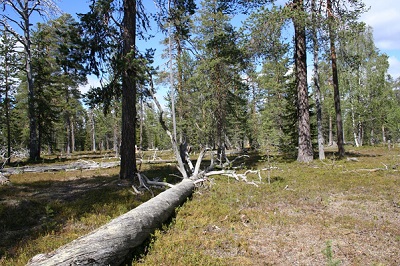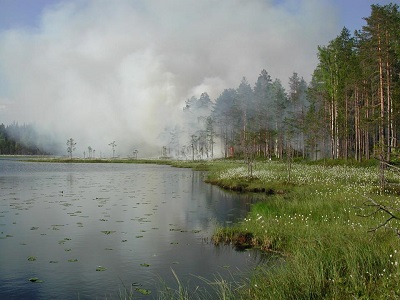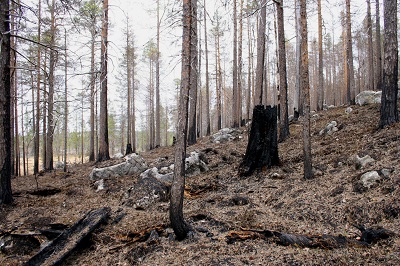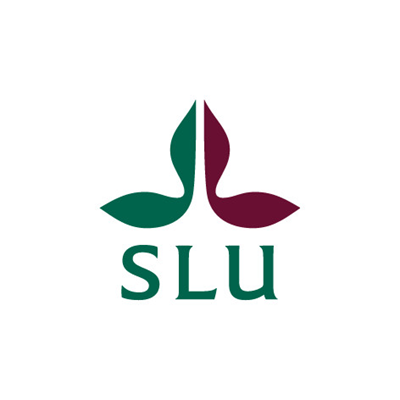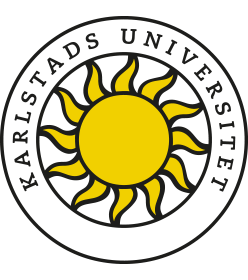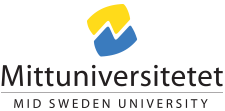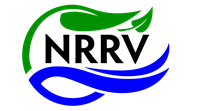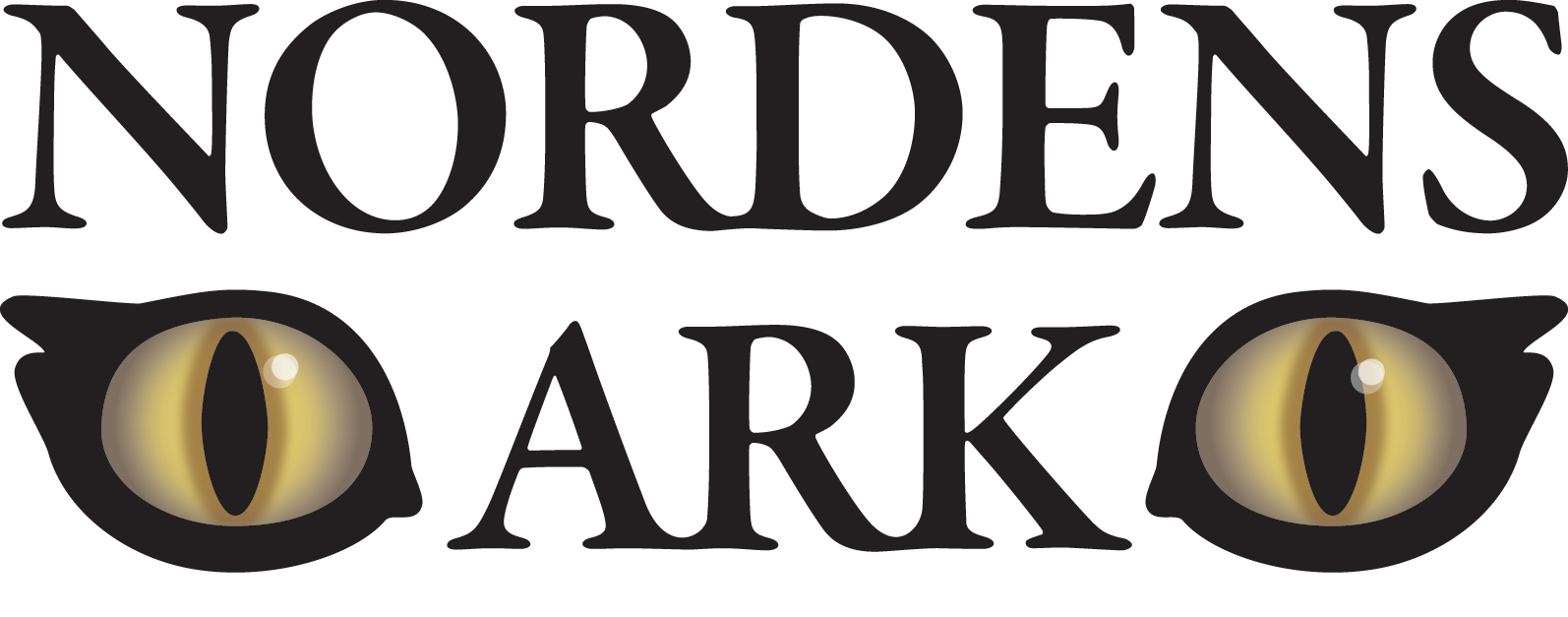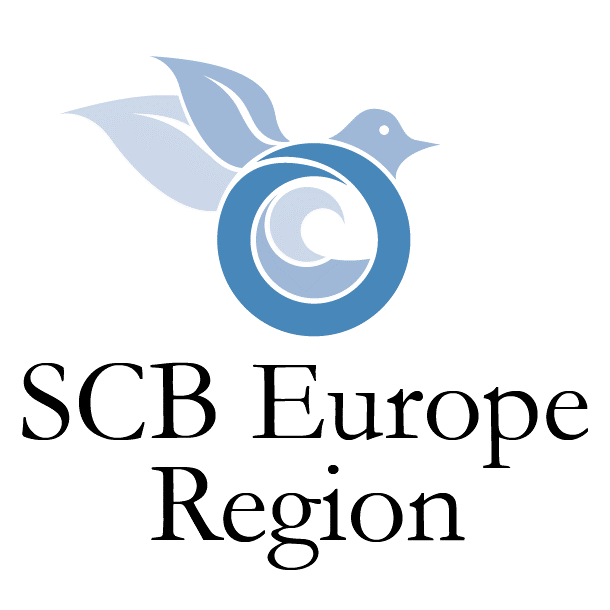2nd Nordic Student Conference on Conservation Science
#SCCS-Nordic
18-22 AUGUST 2025, NORDENS ARK, SWEDEN
Download #SCCS-Nordic 2025 flyer
The #SCCS-Nordic, organized by the Nordic Chapter of the Society for Conservation Biology (SCB) with helps others (see below), provides young scientists (including Master students, PhD students and early Post-Doc level) with an excellent opportunity to present and discuss their work with peers and to network. The conference format will include oral and poster presentations, workshops, invited keynote presentations and excursion. Space is limited to 40 participants.
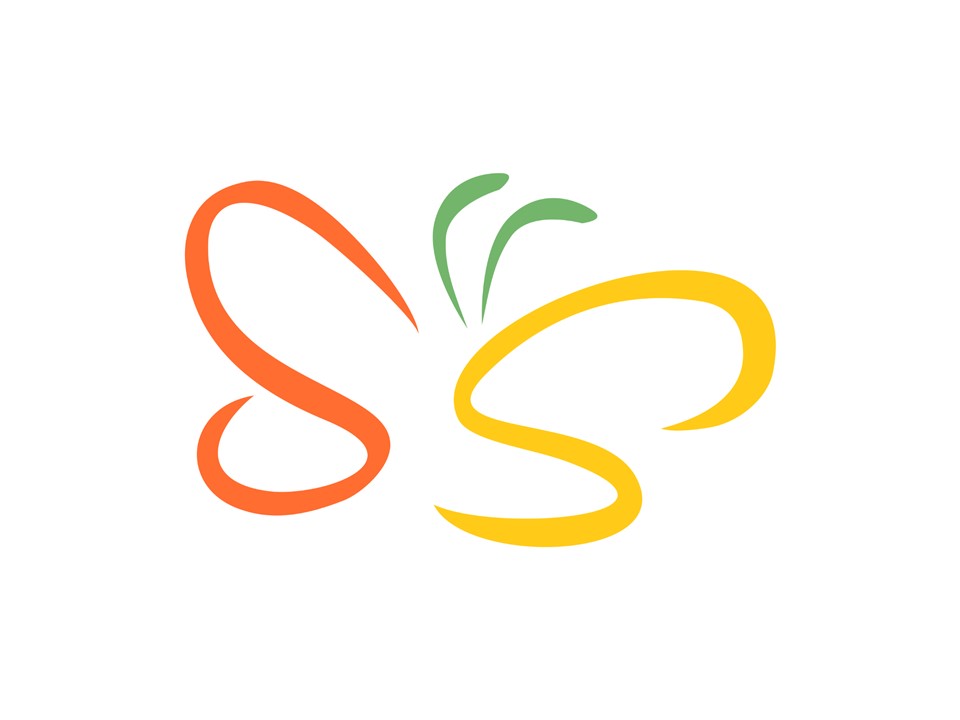
Keynote speakers:
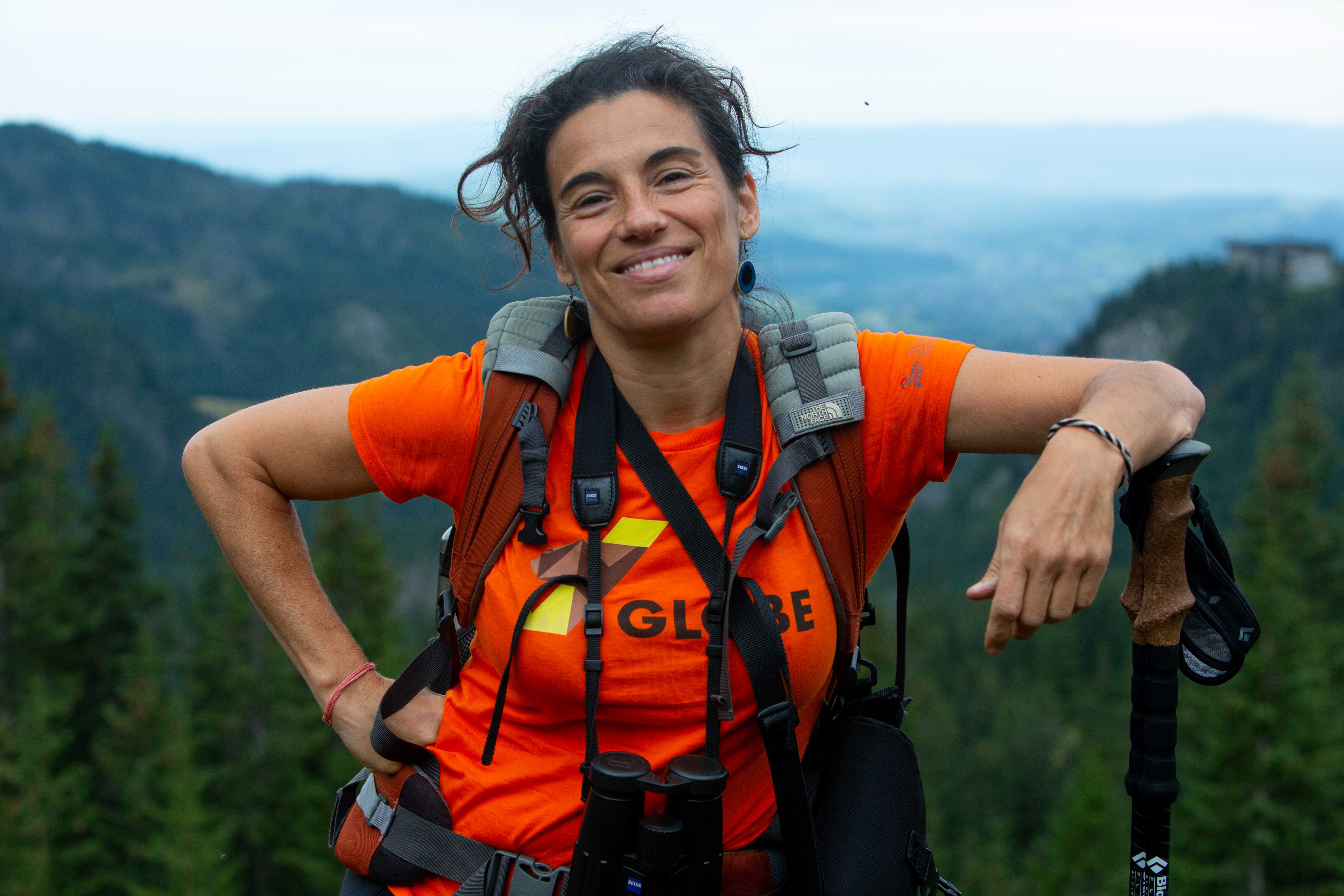 Nuria Selva is a conservation biologist. Her research deals with the impacts of global change on species, communities and ecosystems, with a particular focus on trophic interactions, large carnivore ecology and management, and roads as drivers of global change. An important part of her work has focused on evaluating conservation actions and policies, mostly related to forest conservation and human-large carnivore conflicts. She has advocated and provided scientific support for the protection of Białowieża Forest and launched the Roadless Initiative. She is a member of the IUCN/SSC Large Carnivore Initiative for Europe and the Bear Specialist Group and has served at the SCB Europe-Board of Directors. Currently, she is an Associate Professor at Estación Biológica de Doñana CSIC (Spain) and the Institute of Nature Conservation PAN (Poland).
Nuria Selva is a conservation biologist. Her research deals with the impacts of global change on species, communities and ecosystems, with a particular focus on trophic interactions, large carnivore ecology and management, and roads as drivers of global change. An important part of her work has focused on evaluating conservation actions and policies, mostly related to forest conservation and human-large carnivore conflicts. She has advocated and provided scientific support for the protection of Białowieża Forest and launched the Roadless Initiative. She is a member of the IUCN/SSC Large Carnivore Initiative for Europe and the Bear Specialist Group and has served at the SCB Europe-Board of Directors. Currently, she is an Associate Professor at Estación Biológica de Doñana CSIC (Spain) and the Institute of Nature Conservation PAN (Poland).
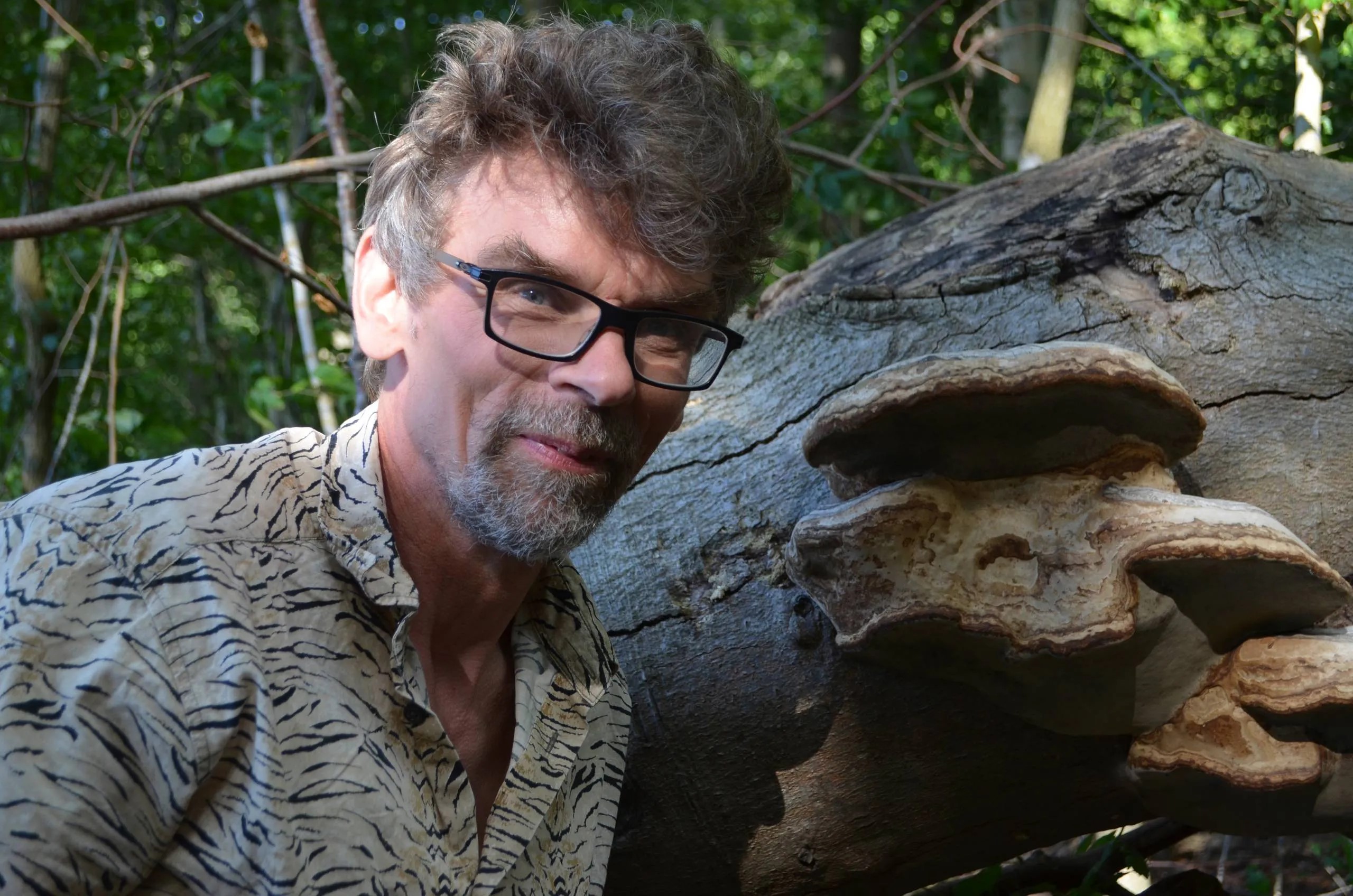 Jacob Heilmann-Clausen is a conservation biologist specializing in fungal ecology, forest biodiversity and ecological restoration. His research addresses the drivers of biodiversity in temperate forests, focusing on the forest-open land gradient and the role of fungi in ecosystem functioning. He has also contributed to the development of conservation strategies that enhance biodiversity in managed forests, including the practice of veteranization to create habitats for specialized organisms. He has been instrumental in integrating citizen science with biodiversity monitoring, notably through his leadership in the Danish Fungal Atlas project, which mapped fungal diversity across Denmark. Currently, he coordinates the FunDive project, a pan-European initiative aiming to improve fungal conservation by combining citizen science, artificial intelligence, and environmental DNA-based monitoring. Heilmann-Clausen is an Associate Professor at the Center for Macroecology, Evolution and Climate, Globe Institute, University of Copenhagen.
Jacob Heilmann-Clausen is a conservation biologist specializing in fungal ecology, forest biodiversity and ecological restoration. His research addresses the drivers of biodiversity in temperate forests, focusing on the forest-open land gradient and the role of fungi in ecosystem functioning. He has also contributed to the development of conservation strategies that enhance biodiversity in managed forests, including the practice of veteranization to create habitats for specialized organisms. He has been instrumental in integrating citizen science with biodiversity monitoring, notably through his leadership in the Danish Fungal Atlas project, which mapped fungal diversity across Denmark. Currently, he coordinates the FunDive project, a pan-European initiative aiming to improve fungal conservation by combining citizen science, artificial intelligence, and environmental DNA-based monitoring. Heilmann-Clausen is an Associate Professor at the Center for Macroecology, Evolution and Climate, Globe Institute, University of Copenhagen.
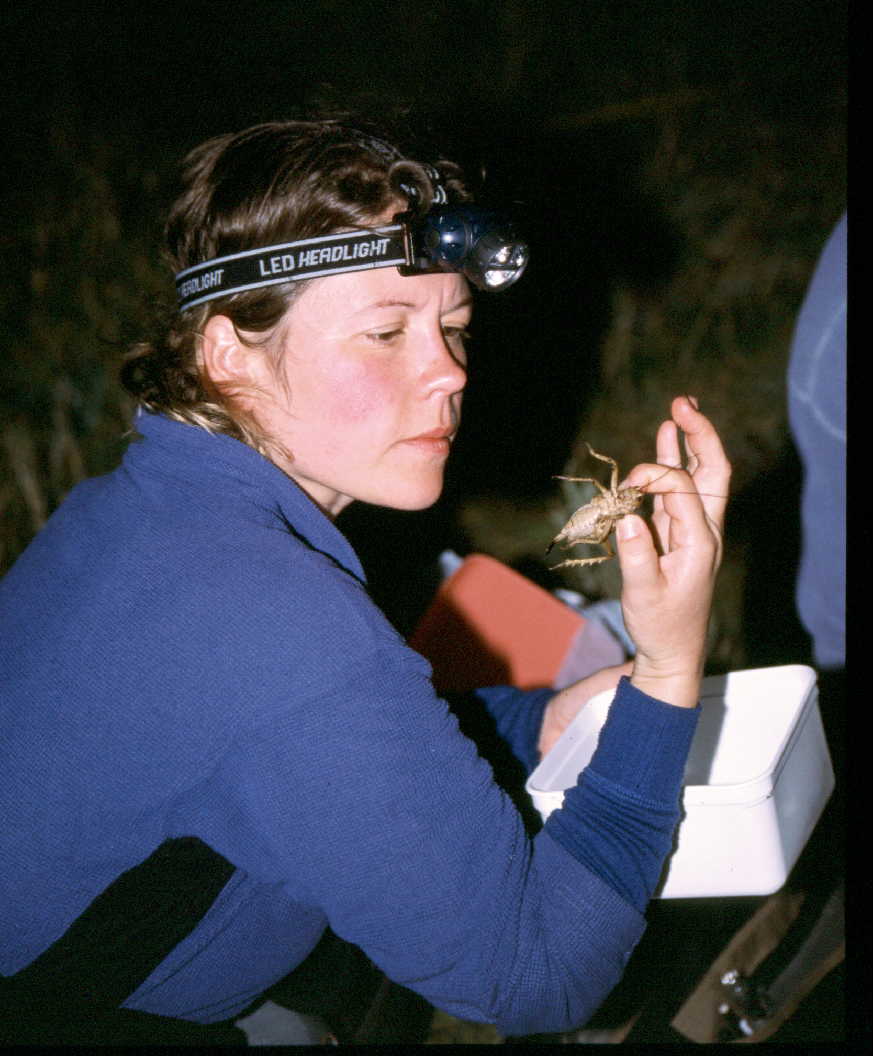 Åsa Berggren is an ecologist working mainly with insects in her research at the Swedish University of Agricultural Sciences. The focus is both on wild insects and how in a human-altered world we can understand the causes of species extinctions and counteract them. She has carried out many different studies focusing on what makes conservation introductions successful, how species spread in the landscape and how land use affects species survival. Åsa also works with insects from the perspective of utilising their ability to thrive on a multitude of resources. Here her focus go into studying insects as a sustainable food source and how to create food systems that lower the huge impact these systems have today on the world. Åsa is also the current President of the Nordic Chapter of Society for Conservation Biology and also a member of the Species Survival Commission SSC and the IUCN Conservation Translocation Specialist Group (CTSG).
Åsa Berggren is an ecologist working mainly with insects in her research at the Swedish University of Agricultural Sciences. The focus is both on wild insects and how in a human-altered world we can understand the causes of species extinctions and counteract them. She has carried out many different studies focusing on what makes conservation introductions successful, how species spread in the landscape and how land use affects species survival. Åsa also works with insects from the perspective of utilising their ability to thrive on a multitude of resources. Here her focus go into studying insects as a sustainable food source and how to create food systems that lower the huge impact these systems have today on the world. Åsa is also the current President of the Nordic Chapter of Society for Conservation Biology and also a member of the Species Survival Commission SSC and the IUCN Conservation Translocation Specialist Group (CTSG).
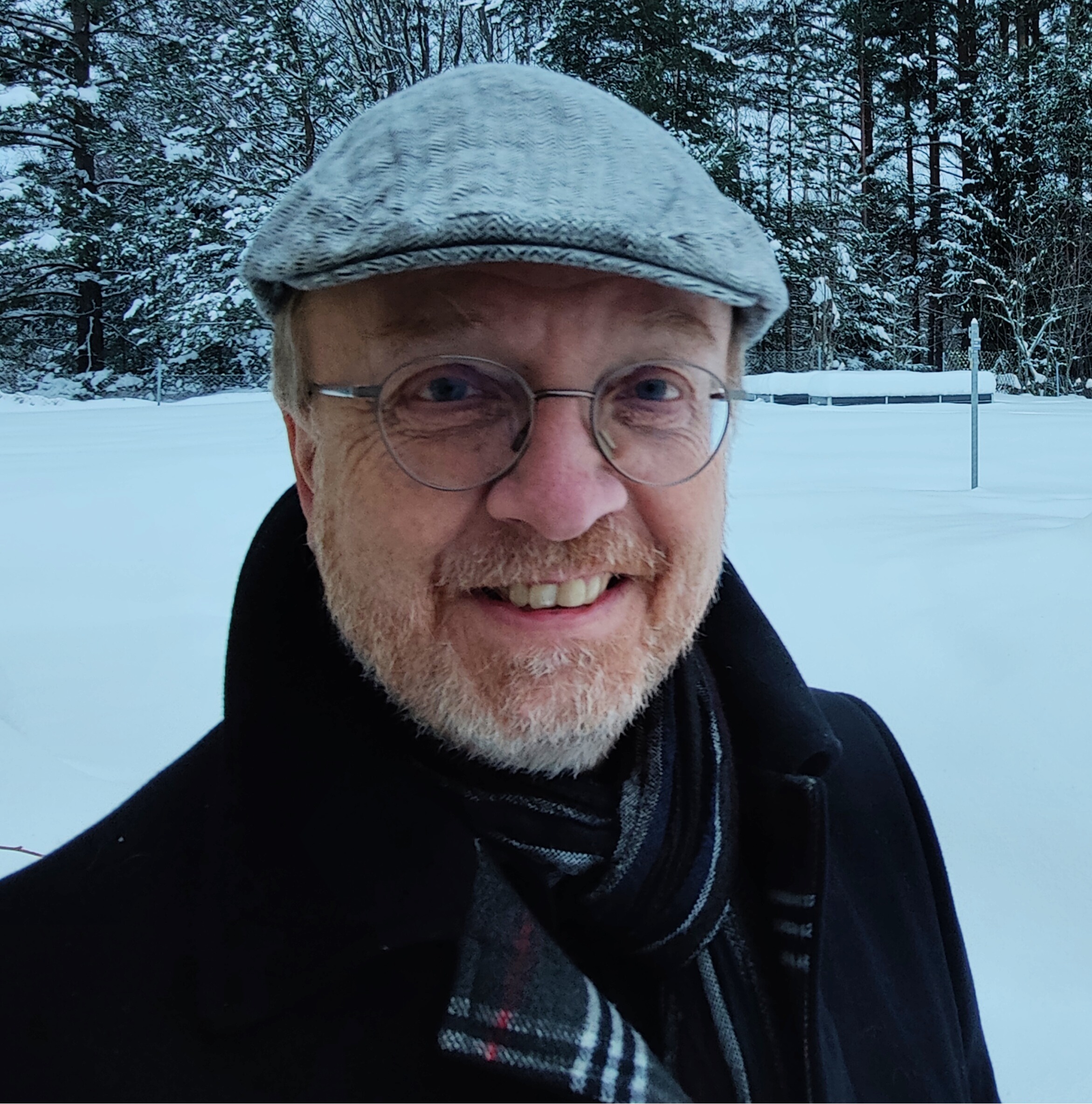
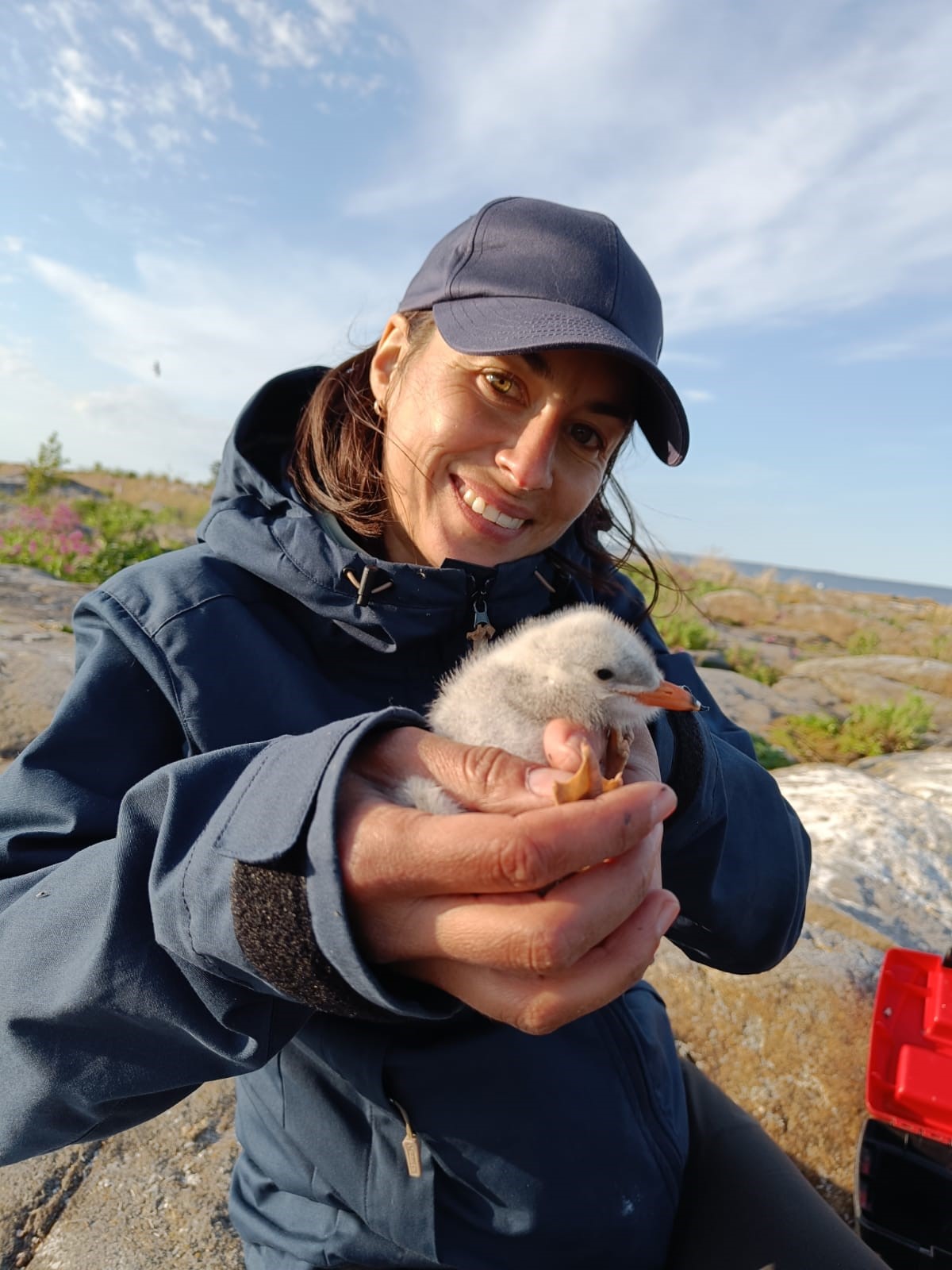 Laura Bosco is a researcher at the Helsinki Lab of Ornithology as part of the Finnish Museum of Natural History in Helsinki, Finland. She studied Biology in Switzerland where she graduated in 2018 with a thesis on the impacts of vineyard management and landscape structure on Woodlarks and their arthropod prey. Afterwards Laura worked at the Swiss Ornithological Institute as scientific collaborator in a project on increasing vineyard biodiversity. Her research focuses on understanding biodiversity responses to climate and land-use changes in relation to habitat loss and fragmentation at various spatial scales. She is particularly interested in how landscape ecological aspects play into species responses to global change. Laura is currently the President of the Society for Conservation Biology Europe Region.
Laura Bosco is a researcher at the Helsinki Lab of Ornithology as part of the Finnish Museum of Natural History in Helsinki, Finland. She studied Biology in Switzerland where she graduated in 2018 with a thesis on the impacts of vineyard management and landscape structure on Woodlarks and their arthropod prey. Afterwards Laura worked at the Swiss Ornithological Institute as scientific collaborator in a project on increasing vineyard biodiversity. Her research focuses on understanding biodiversity responses to climate and land-use changes in relation to habitat loss and fragmentation at various spatial scales. She is particularly interested in how landscape ecological aspects play into species responses to global change. Laura is currently the President of the Society for Conservation Biology Europe Region.
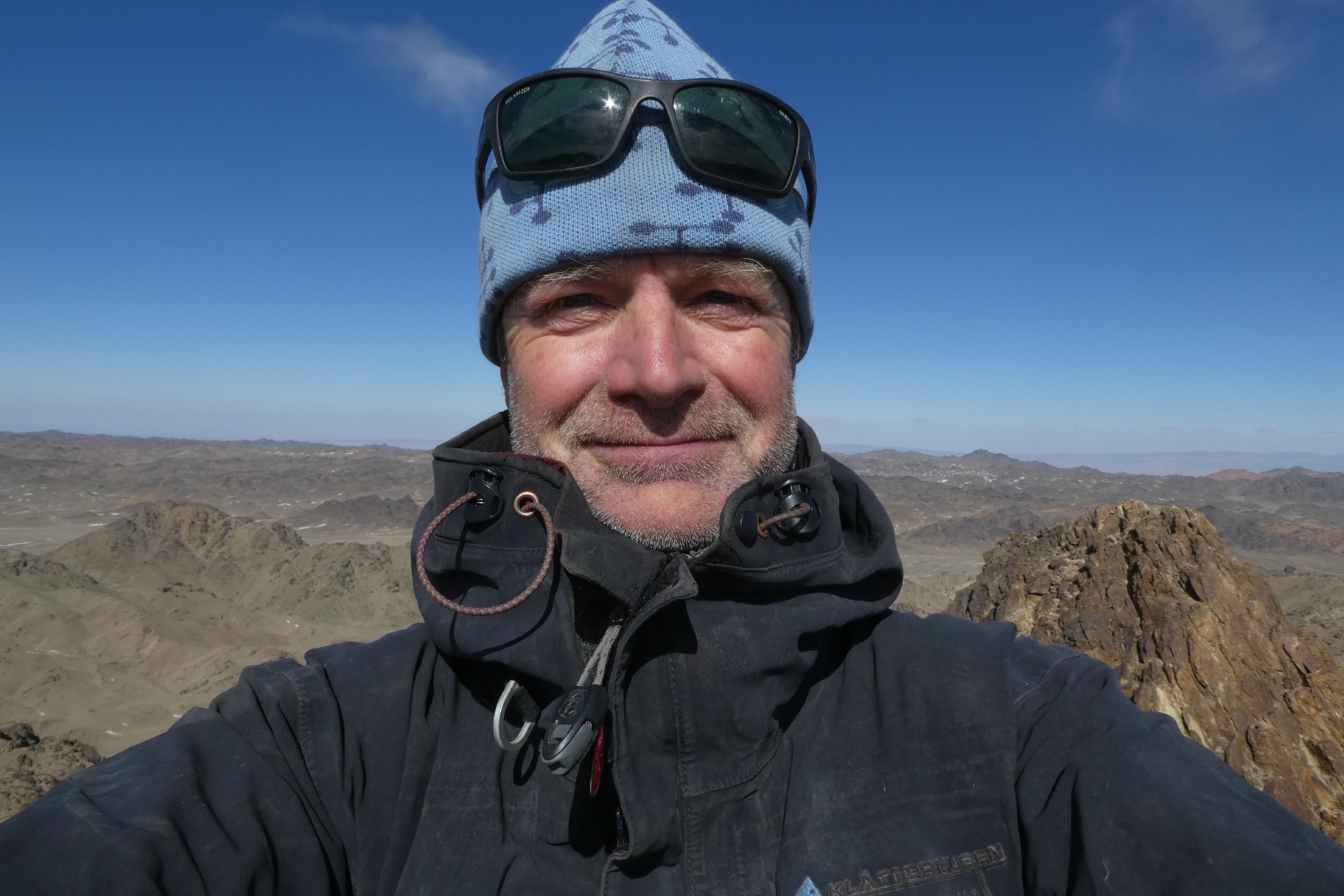 Dr. Gustaf Samelius is the Assistant Director of Science for the Snow Leopard Trust where one of his main responsibilities is managing the long-term ecological study in southern Mongolia. The long-term study is the most comprehensive study on snow leopards to date and has provided information that is important for snow leopard conservation throughout their range. Gustaf has over 30 years of experience of wildlife research and has led research studies in both the Canadian Arctic and Boreal Forest of Scandinavia and is interested in both applied and theoretical conservation biology. Gustaf also works for Nordens Ark as part of their conservation Team.
Dr. Gustaf Samelius is the Assistant Director of Science for the Snow Leopard Trust where one of his main responsibilities is managing the long-term ecological study in southern Mongolia. The long-term study is the most comprehensive study on snow leopards to date and has provided information that is important for snow leopard conservation throughout their range. Gustaf has over 30 years of experience of wildlife research and has led research studies in both the Canadian Arctic and Boreal Forest of Scandinavia and is interested in both applied and theoretical conservation biology. Gustaf also works for Nordens Ark as part of their conservation Team.

